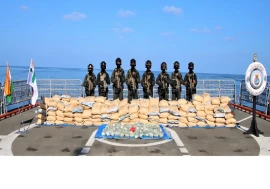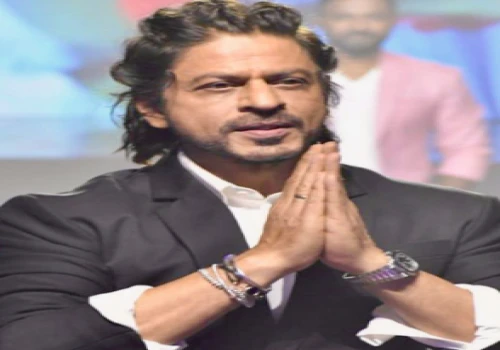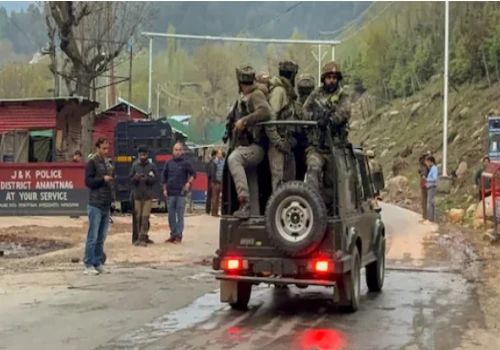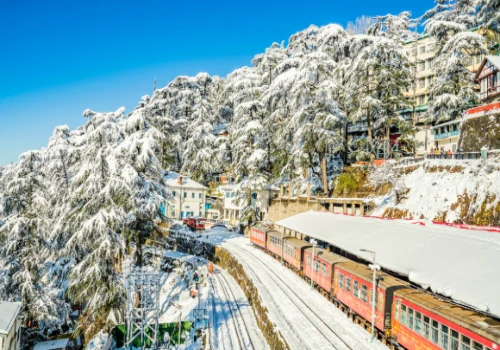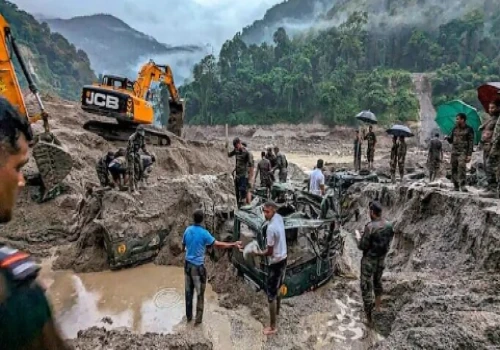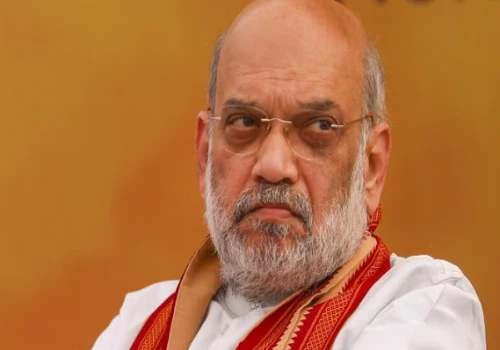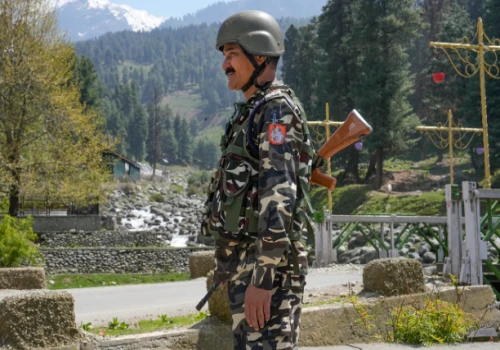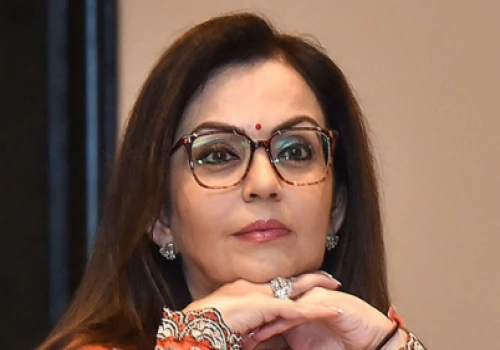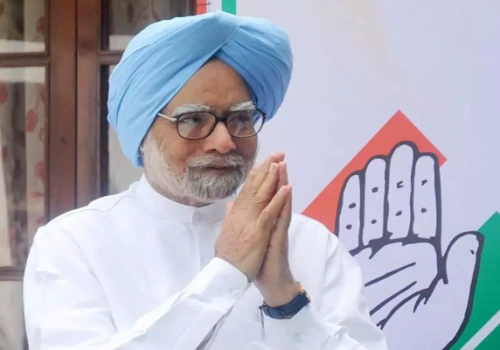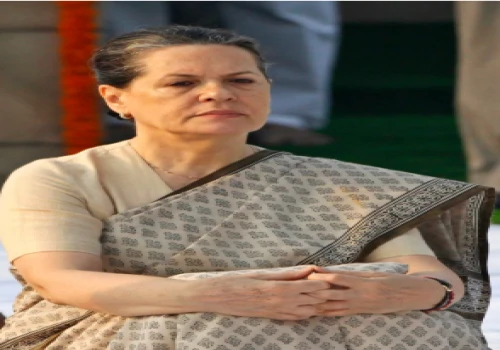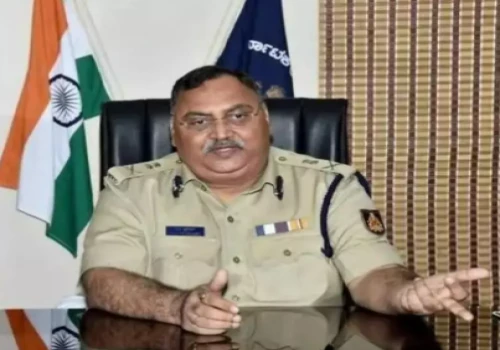
India's first and only woman Prime Minister, Indira Gandhi is still one of the most influential as well as controversial people in Indian politics. Indira was born on 19 November 1917 in Allahabad to Jawaharlal Nehru, India's first Prime Minister. Growing up in a politically inclined family, Indira was exposed to politics from an early age and inculcated with a fierce leadership and nationalism spirit.
Early Life and Political Development
Indira Priyadarshini Nehru attended some of the leading institutions of the time, such as Visva-Bharati University of West Bengal, and afterwards, Oxford University. But her regular education was more often than not disrupted by political unrest and by health complications. Her formative years exposed her to the independence movement in India, and through this exposure, her ideologies evolved. She became an active party member in Indian National Congress and was closely allied with her father. In 1959, she became the President of Indian National Congress and thus began climbing the political ladder.
Prime Minister (1966–1977)
When, in 1966, there was the early death of the Prime Minister, Lal Bahadur Shastri, he was succeeded as Prime Minister by Indira Gandhi, who, in the estimation of older members of Congress at the time, was a stopgap Prime Minister. But little by little she developed into an important political leader. During her term of office, banks were nationalised, privy purses to rulers of princely states were withdrawn, and came the Green Revolution that rendered India food grain surplus.
Her greatest success was during the Indo-Pak war of 1971, which led to the formation of Bangladesh. Her strong leadership gave her the nickname of the "Iron Lady of India". Her popularity, however, waned because of economic problems and political instability.
The Emergency and Fall from Power
In 1975, she was convicted of electoral malpractices by the Allahabad High Court, and this led her to impose a state of Emergency in India. Civil freedoms were suspended, the media was censored, and political opposition were imprisoned. Although she asserted this was needed in the name of national stability, it precipitated enormous criticism and undermined her democratic credentials.
In 1977, her party was defeated comprehensively in the general elections, and she lost her Lok Sabha seat.
Return to Power (1980–1984)
Though there was a backlash, Indira Gandhi regained power in 1980 with a massive mandate from the people. Her second term was, however, filled with problems, most prominent among them being the upsurge of separatist movements. The most important among them was the Sikh separatist agitation in Punjab. In 1984, she authorized Operation Blue Star to drive out militants from the Golden Temple, which inflicted great emotional pain on Sikh sentiments.
Assassination and Aftermath
On 31 October 1984, Indira Gandhi was killed by her Sikh bodyguards in revenge for Operation Blue Star. Her assassination led to one of India's worst communal riots, with large-scale anti-Sikh violence in Delhi and other cities.
Foreign and Economic Policies
Gandhi had a firm non-aligned foreign policy posture, though she did cultivate close relations with the Soviet Union. She sought to eradicate poverty internally through several populist initiatives, but her socialist economic philosophy came under scathing criticism for being inefficient and corrupt.
Personal Life and Views
She married Feroze Gandhi in 1942 and had two sons, Rajiv and Sanjay Gandhi. Rajiv succeeded her later as Prime Minister. Indira had sharp views on the empowerment of women and tended to present herself as a woman with action in a man's world.
Awards and Honours
Indira Gandhi was awarded a number of worldwide honors such as the Bharat Ratna in 1971. She was also awarded the Lenin Peace Prize and Mexico's Order of the Aztec Eagle. Regardless of her detractors, political science study courses across the world learn about her political savvy and leadership.
Legacy
Indira Gandhi's legacy is a complex one. She is praised for her conviction and willpower, but also condemned for autocratic propensities, particularly during the Emergency. Nevertheless, she is a determining figure in Indian history and embodies both the strength and the weakness of Indian democracy.

